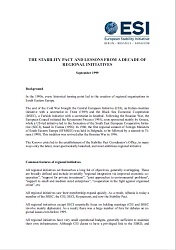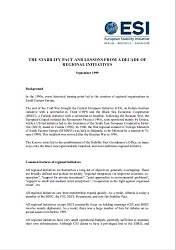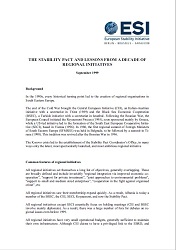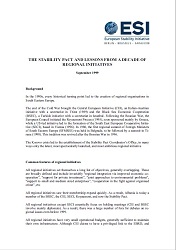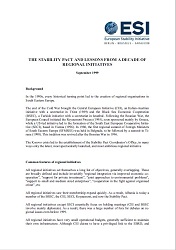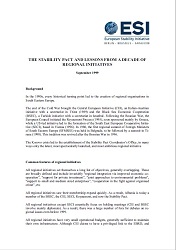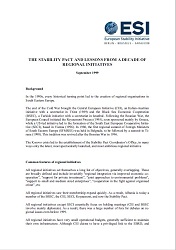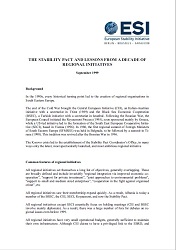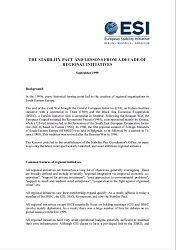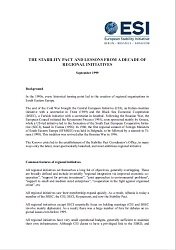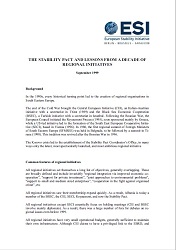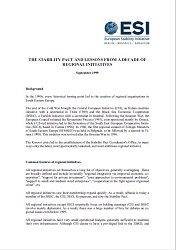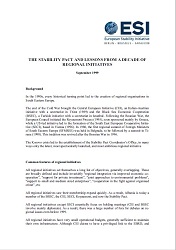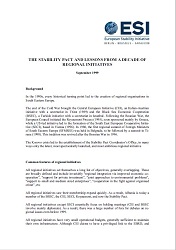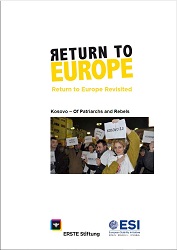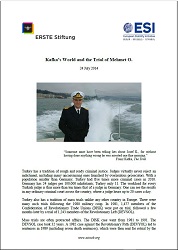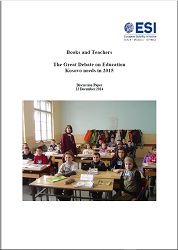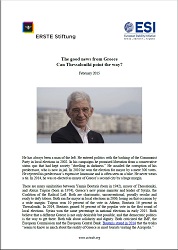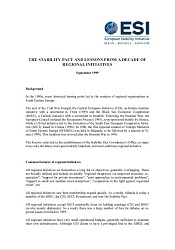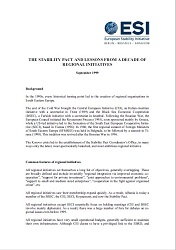
MITROVICA: KOSOVO’S LITMUS TEST
MITROVICA: KOSOVO’S LITMUS TEST
Keywords: Kosovska Mitrovica;
Mitrovica is Kosovo’s litmus test. It is here that the Guiding Principles set down by the Contact Group – no partition, decentralisation, return and a multiethnic Kosovo – will face their toughest test. It is in Mitrovica that the Kosovo leadership must prove that its commitment to a multiethnic society is more than rhetorical. On 4 May 2006, Mitrovica and municipal boundaries will be on the agenda of the status talks in Vienna. In recent weeks, there has been renewed and often heated debate over competing proposals for this divided town. ESI organised a special conference on Mitrovica with Wilton Park in Vienna on 30 March, where we outlined our proposals for a lasting solution for the town.
More...
